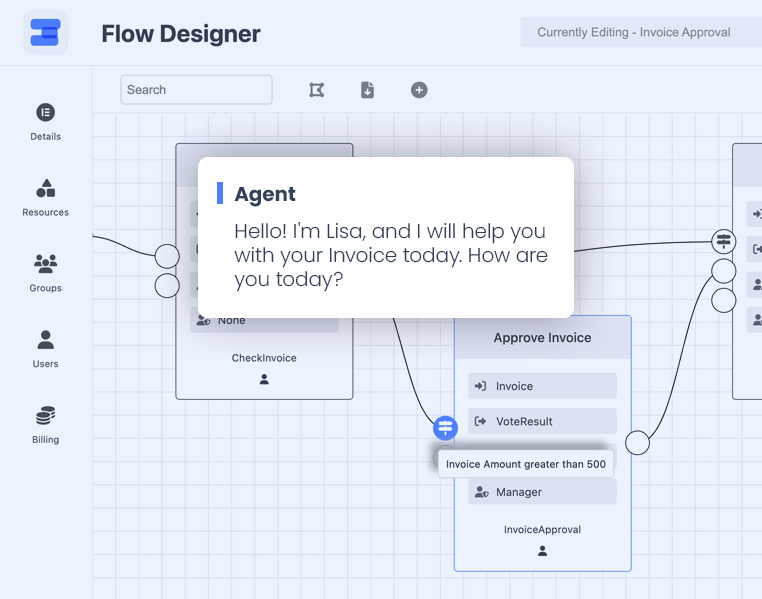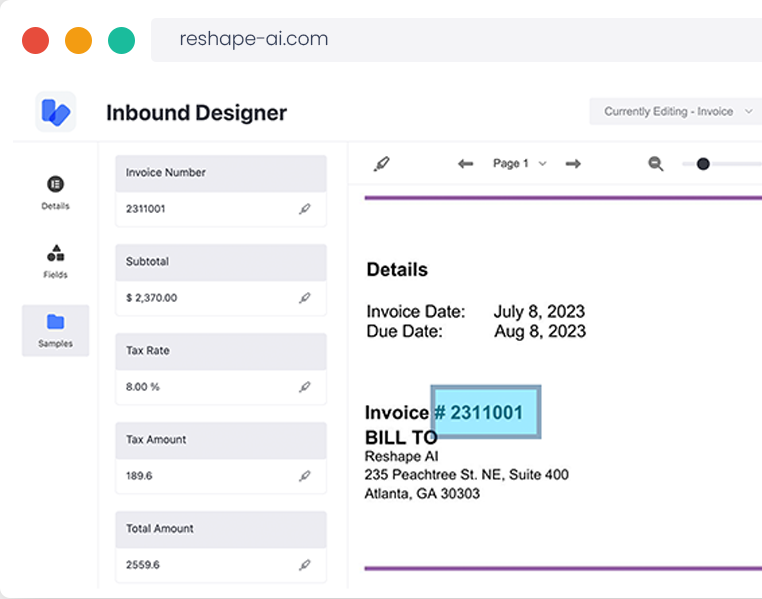In today’s fast-paced digital landscape, effective communication is the cornerstone of successful business operations. Personalized interactions across various channels, in real time, are not only expected by 71% of consumers, but also come with a handful of advantages. Businesses can, for example, cut their customer acquisition costs in half, but it needs robust solutions to streamline their communication processes. One such solution gaining traction is the usage of an Adaptive Communication Platform (ACP).
But what excactly is an Adaptive Communication Platform?
An Adaptive Communication Platform is a comprehensive system designed to facilitate dynamic, bi-directional and personalized communication between businesses and their customers. Unlike traditional approaches, which often rely on static templates and predefined workflows, ACP leverages advanced technologies such as artificial intelligence (AI) to tailor messages to individual preferences and behaviors in real-time.
But we already have a Customer Communication Management (CCM) Platform. What is the difference?
While both Adaptive Communication Platforms and Customer Communication Management (CCM) systems aim to enhance customer interactions, they have significantly different approaches. CCM Platforms typically focus on managing outbound communications, such as statements, invoices, and marketing materials, through predefined templates and rules. ACP, on the other hand, goes beyond static content delivery, emphasizing dynamic, two-way communication across multiple channels. ACP enables businesses to deliver highly personalized messages and responses, leading to deeper engagement and satisfaction.
And it comes with a lot of benefits:
- Personalized Customer Engagement: An Adaptive Communication Platform empowers businesses to deliver highly relevant and personalized messages to each customer based on their preferences, behavior, and past interactions. This personalized approach enhances customer engagement and loyalty, leading to increased satisfaction and retention.
- Real-time Adaptability: By using ACP, businesses can adapt their communication strategies in real-time based on changing customer needs and market dynamics. By leveraging AI leaders can identify patterns and trends, allowing organizations to deliver timely and contextually relevant messages across various touchpoints.
- Omni-channel Communication: An adaptive approach enables seamless communication across multiple channels, including email, SMS, social media, chatbots, voice and more. This omni-channel approach ensures consistent messaging and a cohesive customer experience, regardless of the channel chosen by the customer.
- Efficiency and Cost Savings: By automating repetitive tasks and optimizing communication workflows, ACP helps businesses streamline their operations and reduce manual effort. This increased efficiency translates into cost savings and allows organizations to allocate resources more strategically.
- Data-driven Insights: By analyzing data generated from interactions, businesses can gain actionable insights to optimize their communication strategies and drive business growth.
Reshape AI is at the forefront by providing ACP as a Service. Our platform offers strong and easy to use modules for inbound (classification, extraction) and outbound (design, output) communication. Flow, our workflow automation tool, and the conversational user Interface provide your business users with a true no-code experience, making automating complex workflows as easy as writing a Word document.
Oh, and there is our Agent – and AI-powered, goal-oriented worker. So that your employess can focus on whats really important.









